
There are many research labs and centers at UMBC that are focused on artificial intelligence or that use AI technologies in their projects. These labs and centers are associated with the UMBC AI Center and are part of departments in all of UMBC’s Colleges.
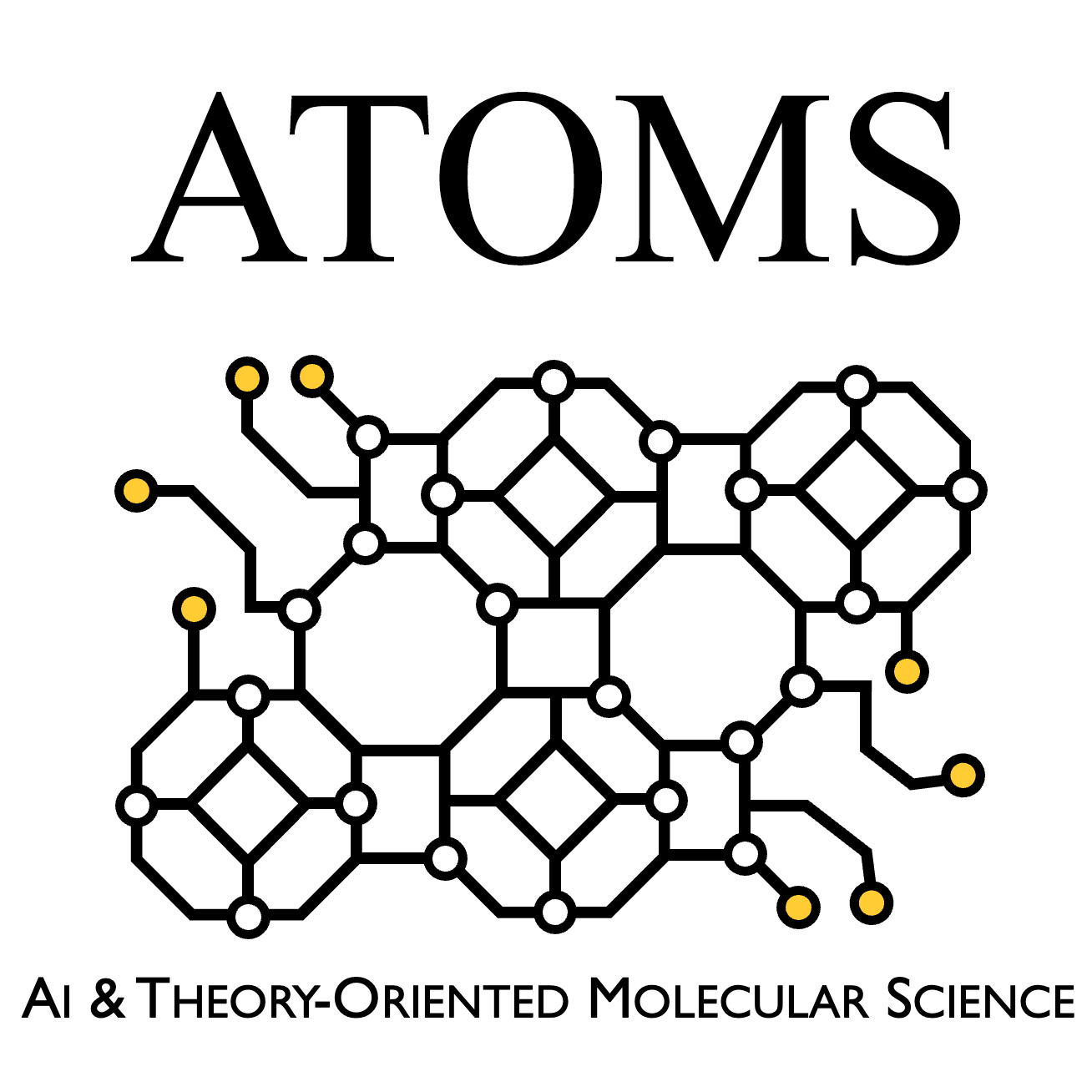
ATOMS Lab
The AI & Theory-Oriented Molecular Science Lab is headed by Tyler Josephson in CBEE. Chemistry’s fundamental building are atoms; from their interactions emerge molecules, materials, and their properties. In logic, basic assumptions are also called atoms; proofs, lemmas, and theorems are derived from these. The ATOMS Lab brings together chemical engineers, computer scientists, and mathematicians to equip computers to reason about and discover theories in molecular science.

Big Data Analytics Lab
The Big Data Analytics Lab is led by Jianwu Wang in Information Systems and studies different aspects of big data analytics, including scalable causality analytics, scalable data aggregation, and anomaly detection, with current applications focusing on climate and manufacturing. We integrate techniques in distributed computing, data mining, and machine learning and work with academic and industry collaborators to achieve multidisciplinary research and social impacts.
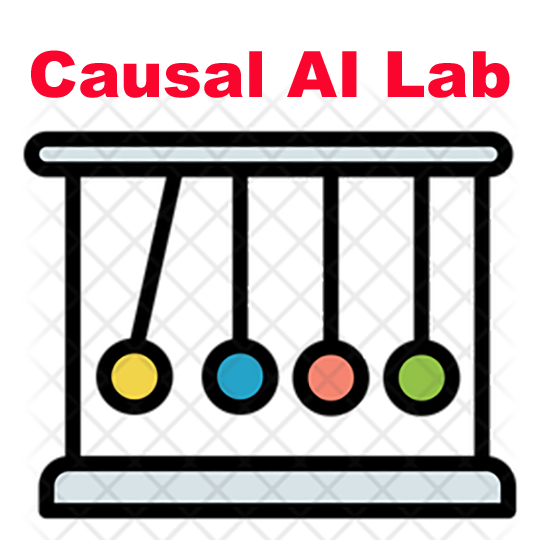
Causal AI Lab Lab
Headed by Md Osman Gani, the CAIL lab studies causal inference, machine learning, and AI methods to contribute to a deeper understanding of the cause and context in data-intensive healthcare and ubiquitous computing environments. It’s work is collaborative and interdisciplinary and focuses on societal impacts with applications in healthcare, pervasive computing, rehabilitation engineering, occupational science, and more.
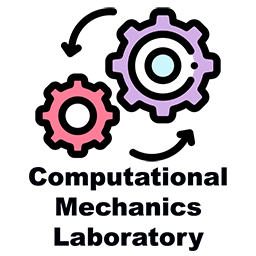
Computational Mechanics Laboratory
Professor MeIlin Yu’s Computational Mechanics Lab works on computational fluid dynamics, scientific machine learning, and high-performance computing. A current project, for example, uses reinforcement learning to develop computational fluid dynamics algorithms for large eddy simulation of turbulent flows.
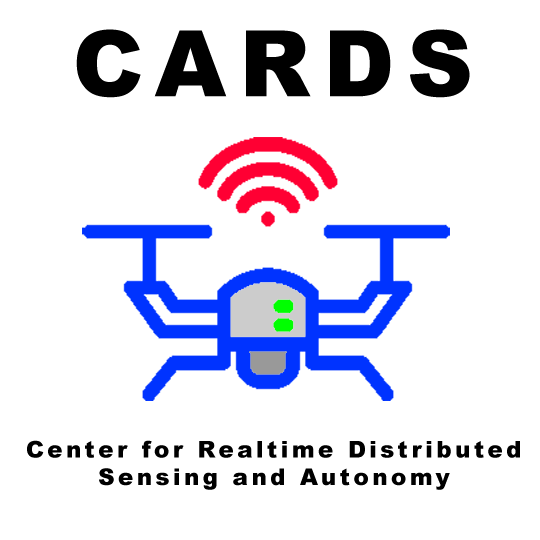
Center for Realtime Distributed Sensing and Autonomy
The Center for Realtime Distributed Sensing and Autonomy (CARDS) was established in 2021 to develop cutting-edge technologies towards the betterment of society and field robotics. A Project funded by the Army Research Laboratory collaborated with the University of Maryland College Park, Bowie State University, and the Army Research Laboratory.

Computing Compass Lab
Prof. Chenchen Liu leads the Computing Compas Lab, which develops novel computing paradigms for high-performance intelligence computing and explores innovations in AI’s algorithm, architecture, system, and circuit designs. Its research topics cover novel computer architecture and hardware for AI, neuromorphic computing, deep learning, edge computing, and VLSI design with emerging technologies.
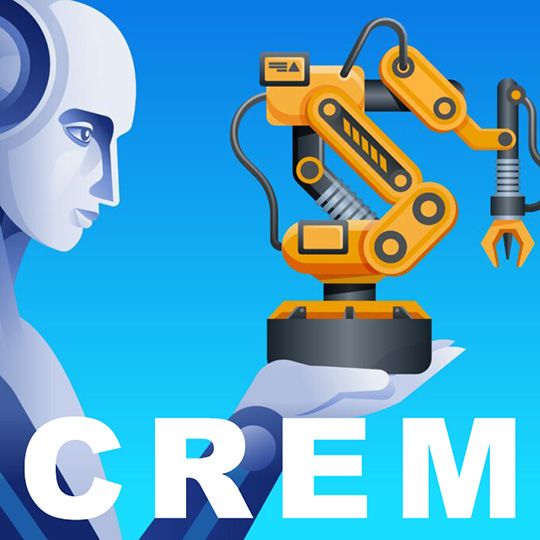
Center for Research in Emergent Manufacturing
Prof. Nilanjan Banerjee leads the Center for Research in Emergent Manufacturing which does research on Digital Manufacturing, including developing smart and secure cyber-physical manufacturing systems and supply chains.
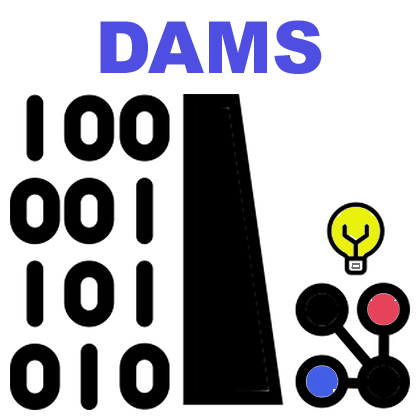
Data Management & Semantics Group
DAMS, led by Roberto Yus, focuses on four areas of research: Data Management, AI, Privacy, and the Internet of Things. It deals with the challenges in bridging the gap between raw data (e.g., from sensors) and semantically meaningful data easily understood by people (e.g., inferences extracted from sensor data). it incorporates semantics and privacy awareness into data management to design smarter and more responsible systems, develop prototypes and deploys them in the real world.

Dream Lab
The DREAM lab led by Charles Nicholas looks at ways of applying machine learning and AI to cybersecurity, and malware analysis in particular. Recent projects involve using tensor decomposition and innovative measures of string similarity to solve practical problems. The lab is also home to UMBC’s very active cyber defense competition team, the ‘CyberDawgs’

Ebiquity Research Group
The Ebiquity Research Group consists of faculty and students from the CSEE and IS departments. Its research covers the application of AI to many areas, including natural language understanding, information extraction from text, mobile and pervasive computing, knowledge representation and reasoning, knowledge graphs, multi-agent systems, privacy, and cybersecurity.
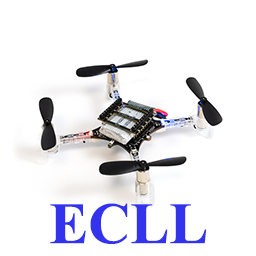
Estimation, Control & Learning Laboratory
ECCL research is focused on developing data-driven, learning-based control and estimation techniques for mechanical and aerospace engineering problems. We use tools from linear and nonlinear system theory, linear and nonlinear control theory, optimization, and learning theory to design and develop novel algorithms for control and estimation problems in complex dynamic systems, including applications in robotics, autonomous systems, and UAVs.
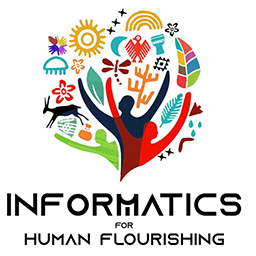
Informatics for Human Flourishing Lab
The Informatics for Human Flourishing Lab works to create data-enabled human-centered technology and systems that promote human flourishing. It explores the fundamental data analytics/machine learning/AI methods that could solve practical problems, complemented by human-centered approaches using a mixture of quantitative and qualitative methods.
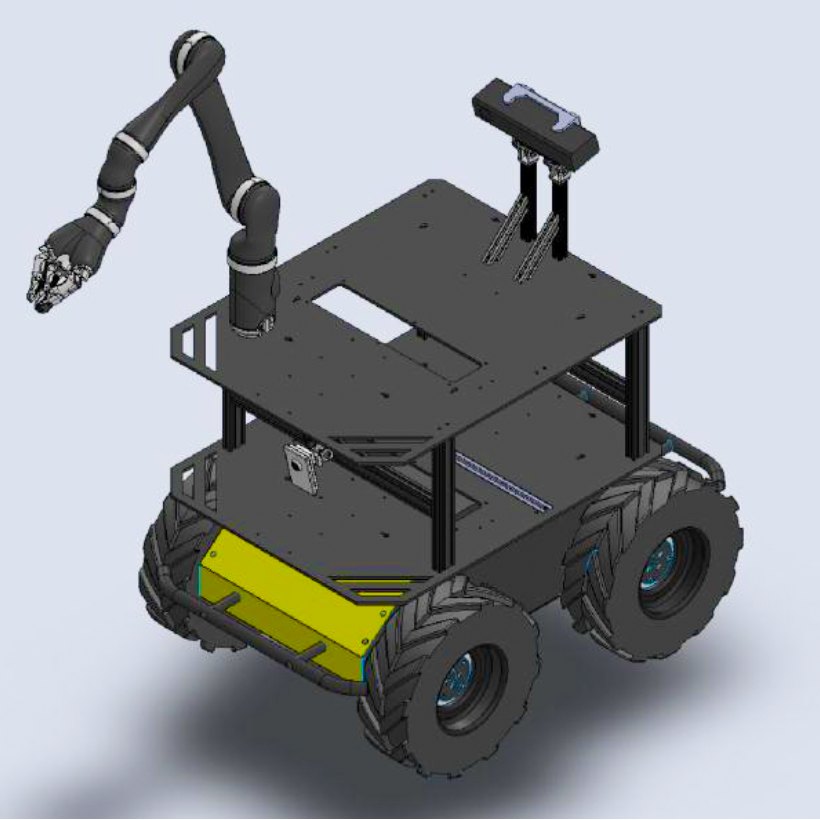
Interactive Robotics and Language Lab
IRAL is led by Cynthia Matuszek. It studies robotics and natural language processing to develop robots that everyday people can talk to, telling them to do tasks or about the world around them. This grounded language acquisition approach supports the goal of building robots that can perform tasks in noisy, real-world environments instead of being preemptively programmed to handle a fixed set of predetermined tasks.

Knowledge, Analytics, Cognitive, and Cloud Computing lab
The KnACC lab is led by Karuna Joshi from the Information Systems department and aims to address challenging issues at the intersection of Data Science and Cloud Computing.
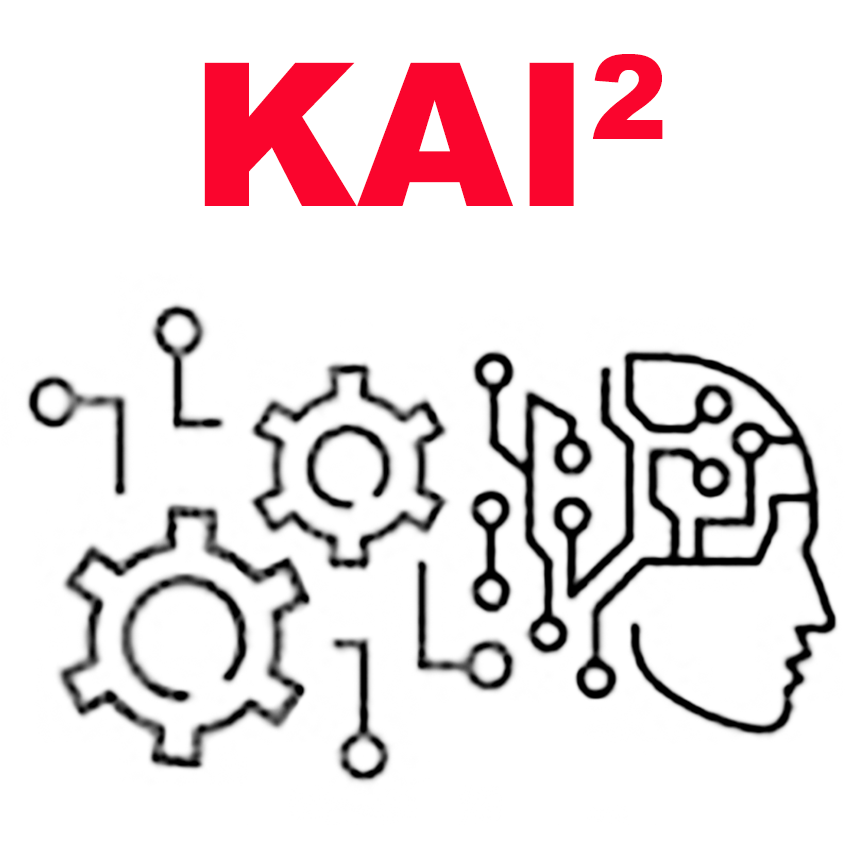
KAI² – Knowledge-infused AI and Inference
KAI² is led by Manas Gaur and works on the integration and uplifting of AI with human knowledge representable in different forms: Structural Knowledge Graphs, Flattened Lexicons, Process Knowledge in Questionnaires, and Commonsense in General-purpose unstructured content, to design human-centered systems and applications for sensitive domains. It aims to make the next-generation neuro-symbolic AI approach inspired by humans’ ability to combine data and knowledge to induce Explainable, Interpretable, and Safety aspects in statistical AI.

Lab for Healthcare Engineering
The Laboratory for Healthcare Engineering is headed by Dr. Muhammad Ali Yousuf. It focuses on machine learning and AI applied to the analysis of health insurance data, medical image processing using DeepLearning and AI, the ethics of Artificial Intelligence in general and in relation to medical data and devices, and generative AI in the classroom.

Language, Aid, and Representation AI Lab
Professor Lara Martin leads the Language, Aid, and Representation AI Lab. Its research focuses on human-centered artificial intelligence and natural language processing applications. Recent work has included automated story generation, augmentative and alternative communication tools, AI for tabletop role-playing games, speech processing, and affective computing.
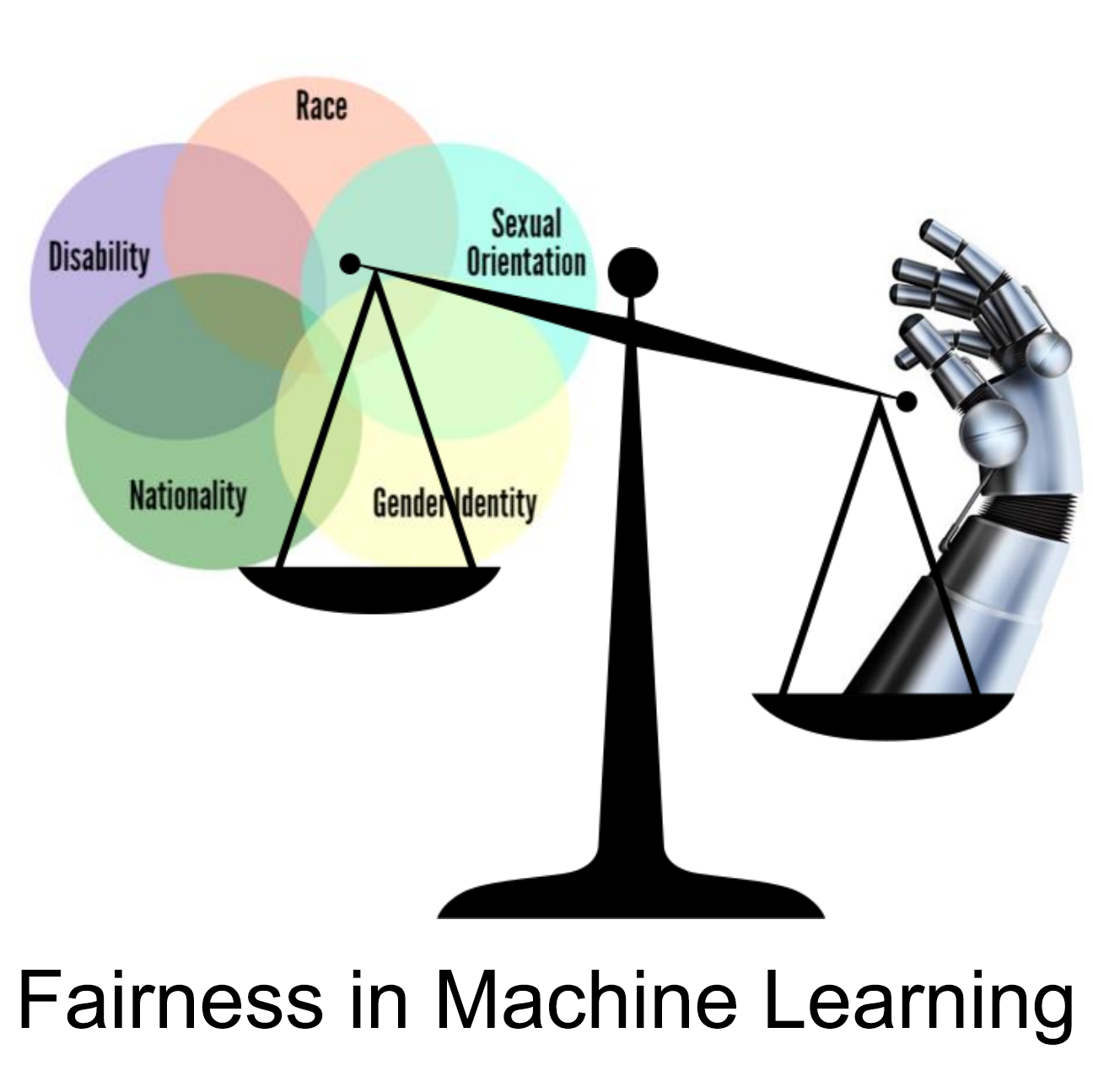
The Latent Lab
James Foulds heads the Latent Lab in the IS department. It carries out research in the area of socially conscious machine learning and artificial intelligence. Its work aims to improve AI’s role in society regarding fairness and privacy and to promote the practice of computational social science using probabilistic models and Bayesian inference.
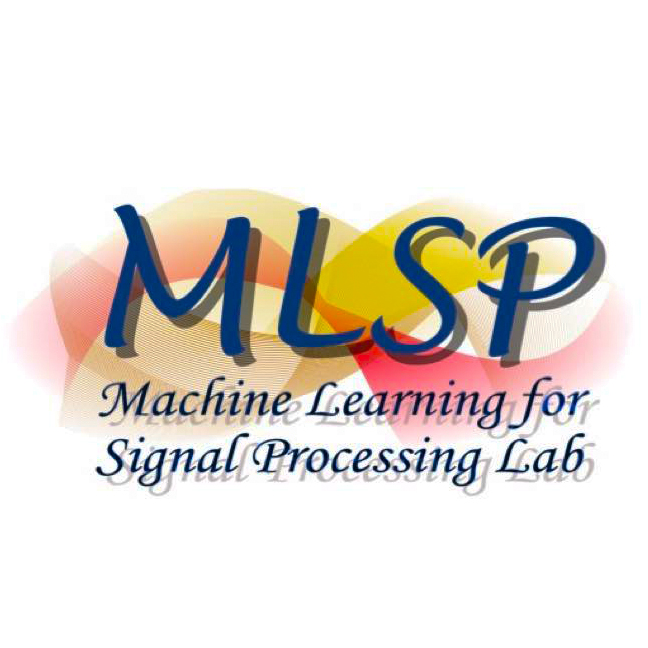
Machine Learning for Signal Processing
Tulay Adali’s Machine Learning for Signal Processing Lab works on the development of theory and tools for processing signals that arise in today’s growing array of different applications and pose challenges for traditional signal processing techniques. It applies techniques from statistical and adaptive signal processing as well as machine learning to develop effective methods that address challenges in applications with a focus on medical image analysis and fusion.
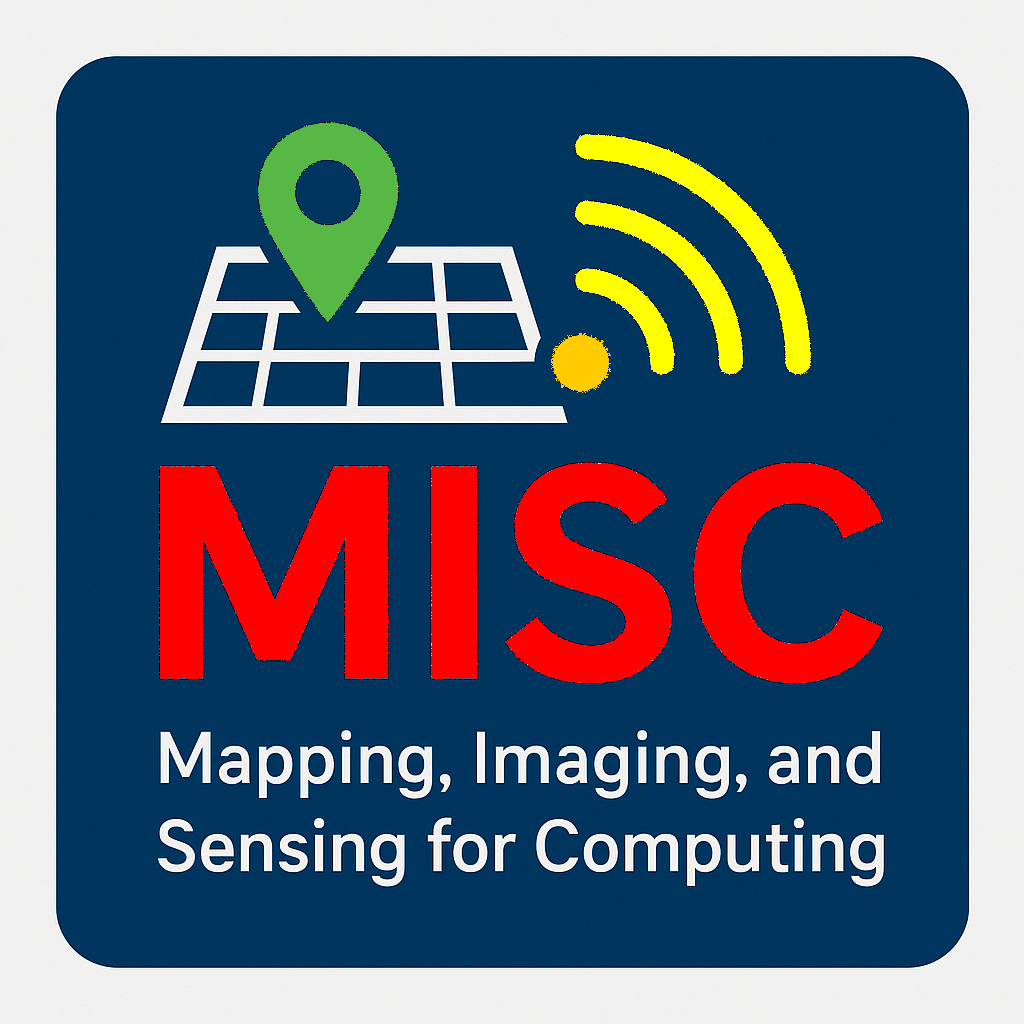
Mapping, Imaging, and Sensing for Computing
Professor Rebecca Williams heads the Mapping, Imaging, and Sensing for Computing Lab (Misc.), which investigates how to capture, visualize, and interpret data through the lens of applied computer vision, immersive media, remote sensing, and computing education. Its research integrates data visualization, computing education, and novel imaging techniques to enhance human understanding of complex information.

Mobile, Pervasive & Sensor Computing Lab
Nirmalya Roy directs the Mobile, Pervasive, and Sensor Computing (MPSC) Lab, which efficiently analyzes data from sensors and mobile devices, uncovers hidden patterns, gauges users’ activity, behavior, and interaction, and presents this to users, society, or applications to better understand human and system behavior.

Multi Data Lab
Vandana Janeja’s lab has a grant portfolio across multiple projects, leading to significant societal impacts. Multi-domain relevance is evident in all social impact areas, such as climate change and misinformation detection. Data is often multi-resolution, collected with multi-modal mechanisms, multi-dimensional, and comes from multiple disciplines. The lab deals with the heterogeneity in multiple aspects of data, working across disciplines, leading to social impact.
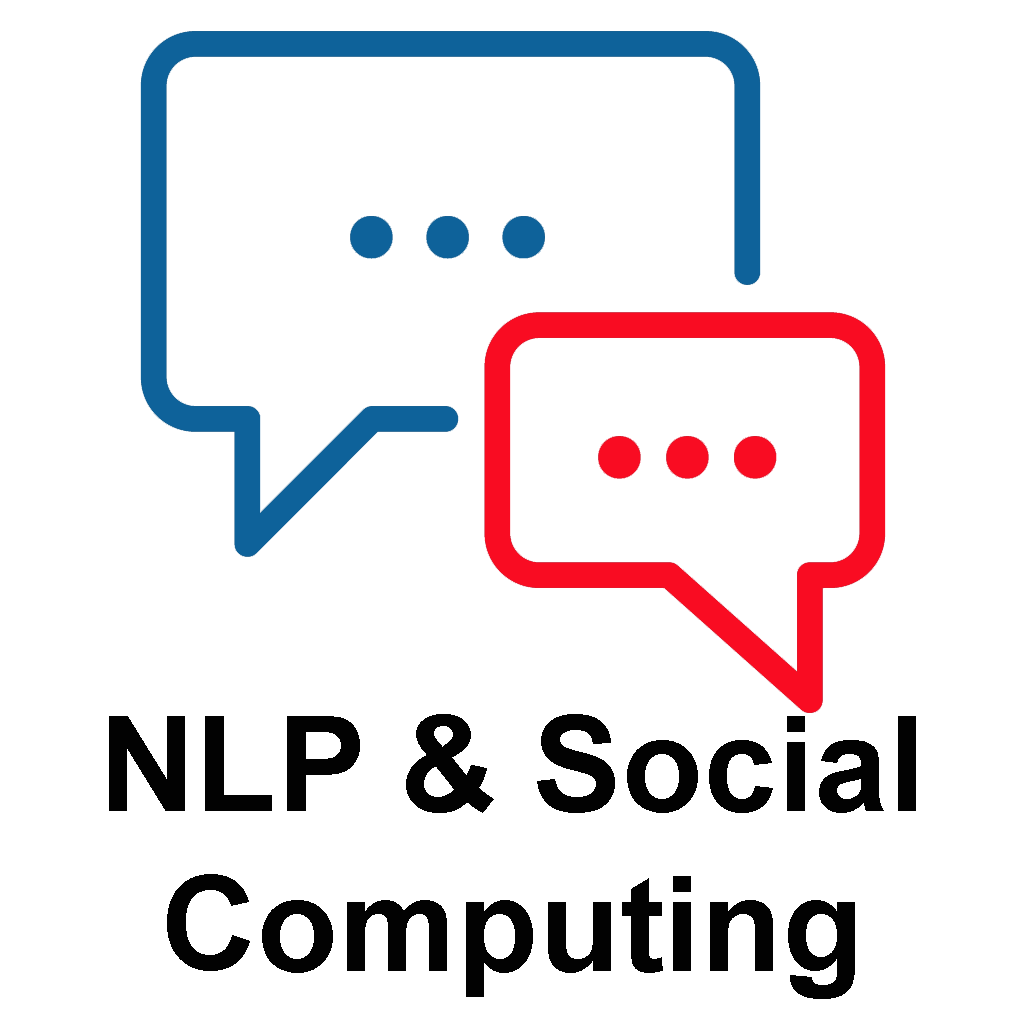
NLP and Social Computing Lab
The NLP and Social Computing is led by Shimei Pan and focuses on natural language processing (NLP), large-scale social media analytics, Human-AI interaction and societal Impact, and Intelligent Interactive systems

Cognitive Vision Group
Directed by Tejas Gokhale, the Cognitive Vision Group works on the conceptual characterization of visual scenes, broadly in the areas of computational perception, learning, and reasoning. Areas of innovation include visual understanding in the absence of complete information; adapting and generalizing to new concepts, cotexts, domains, environments, and tasks; extrapolation across space and time; interpreting and predicting behavior; acquisition and communication of visual knowledge from/with/to other agents and humans.
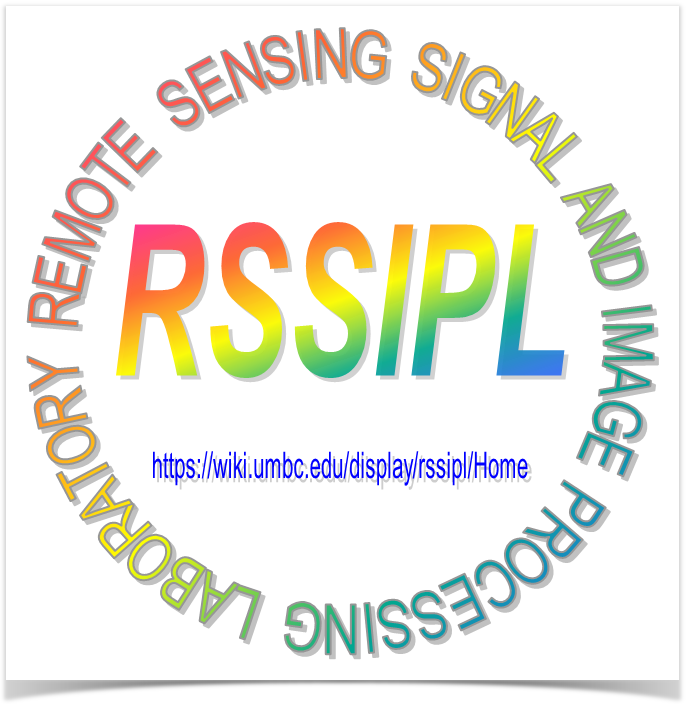
Remote Sensing, Signal & Image Processing
Professor Chein-I Chang founded the RSSIPL Lab in 1992. Its research focuses on remote sensing, signal and image processing, specifically hyperspectral imaging, medical imaging, and automatic target recognition.
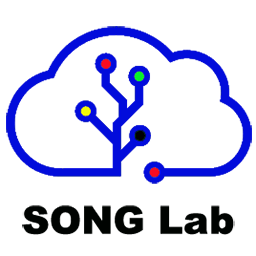
SONG Lab
The Security and Optimization for Networked Globe Lab is led by Houbing Herbert Song and has the mission to advance research and education through discovery and innovation at the confluence of AI/machine learning/data science, cybersecurity, and cyber-physical systems (CPS).

TARA Lab
The Tactile and Robotic Assistance (TARA) Lab is headed by Dr. Janelle Clark in the Mechanical Engineering Department. Their mission is to design intuitive control and haptic feedback, creating more immersive and efficient interactions in robotic support and virtual reality. Research focuses on utilizing the sense of touch for human-robot communication, such as in assistive and performance enhancing devices like prosthetics and exoskeletons, and in teleoperating remote agents.

Trustworthy and Intelligent Computing Lab
Professor Keke Chen’s Trustworthy and Intelligent Computing Lab covers security and privacy issues in AI, data mining and scalable learning algorithms, social data analytics, learning to rank and domain adaptation, and cloud computing and distributed systems.
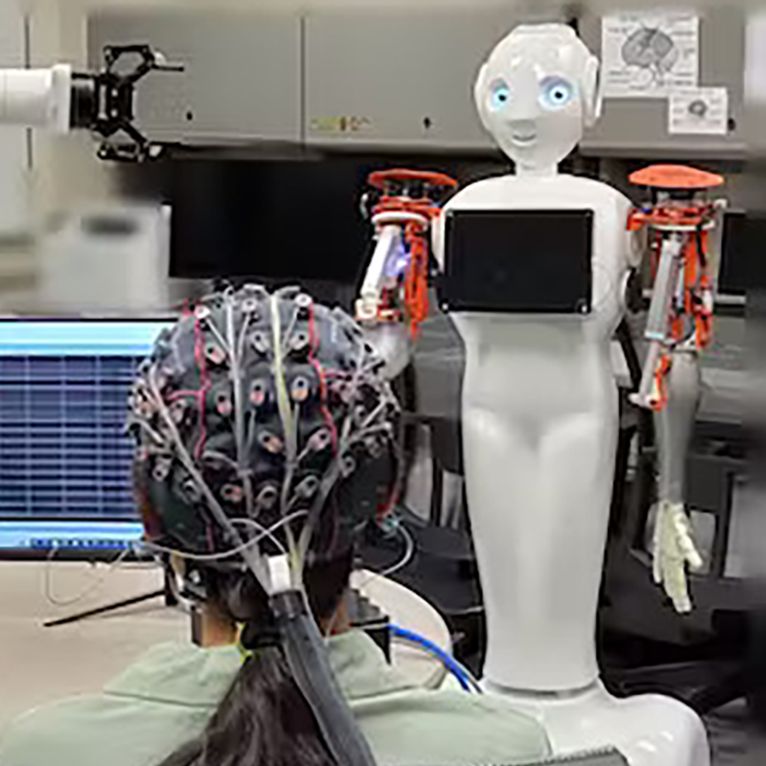
Vinjamuri Lab
The Vinamuri Lab studies Brain-Machine Interfaces (BMIs) that control upper-limb prostheses. A current research objective is understanding how the brain controls complex hand movements. The human hand has about 30 dimensions, compared to the human arm, which has only seven. BMIs that control human arms have already been demonstrated with decent accuracy.

VLSI-SOC Group
The primary research areas include Electronic Design and Automation, Brain-inspired computing, Neural network architecture exploration, Autonomous driving and CAN security, digital, analog, and mixed-signal CMOS ICs/SOCs for a variety of applications, Verification and testing techniques, CAD tools for design and analysis of microprocessors and FPGAs, and interdisciplinary research projects.